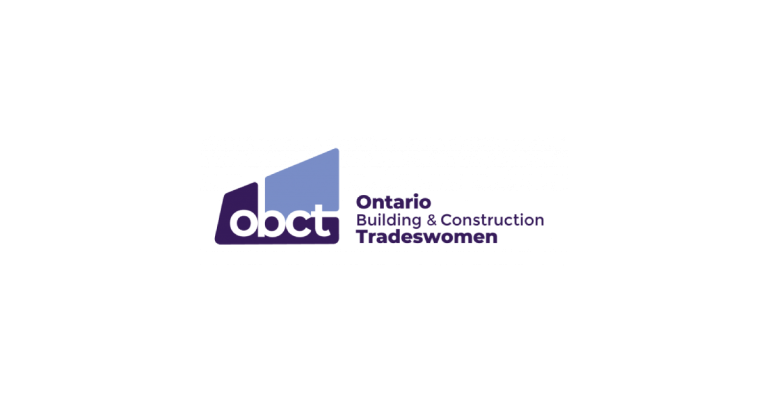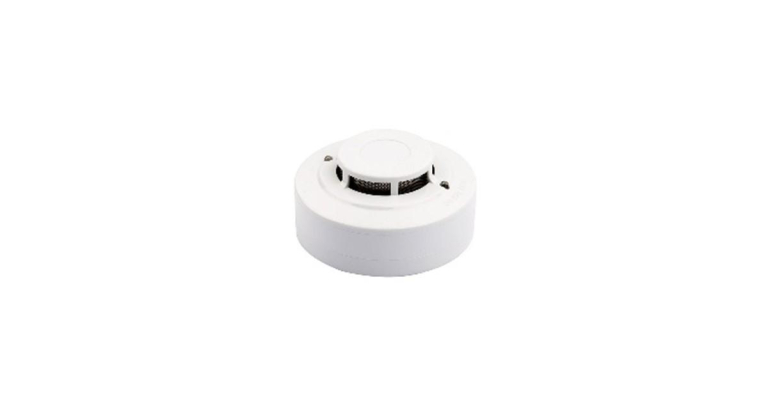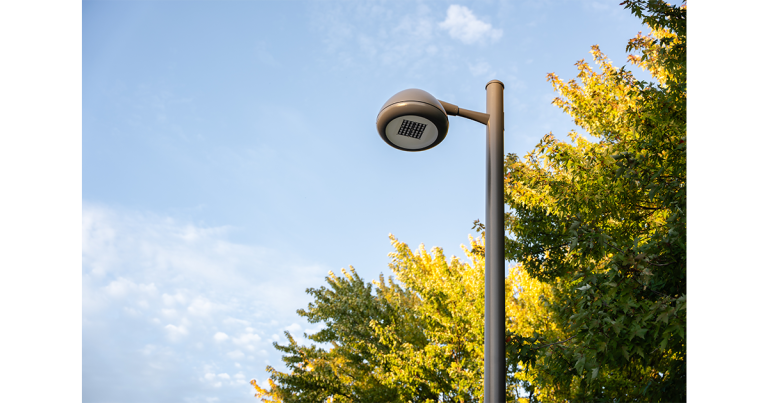IOT Technology Will Connect Highways, Street Lights and Vehicles. Cars Have Gotten Smart. Can Roads Catch Up?

Aug 26, 2019
By Kathy Pretz
As more and more intelligent cars and autonomous vehicles hit the road, some engineers are thinking about what can be done to smarten up the streets on which they travel.
Doing so could allow smart cars and trucks to exchange information with other vehicles, traffic-management centers, and private companies about traffic congestion, accidents, and weather conditions. The key to making it happen is an Internet of Things system that includes sensors embedded in the roadway and on traffic lights.
Existing intelligent transportation systems provide some of those features. Information gathered by traffic-monitoring cameras, for example, is being used to adjust traffic signals in real time to ease congestion. Sensor-equipped parking lots can notify drivers of empty spots via their smartphone. And there are some IoT pilot projects, like Austria’s Autobahn, which uses Cisco’s Connected Roadways system to link 70,000 sensors and 6,500 traffic cameras to monitor traffic and road conditions.
But no comprehensive IoT-based transportation system has been fully deployed, according to IEEE Fellow Phillip A. Laplante, author of “‘Smarter’ Roads and Highways”. The IEEE Internet of Things Magazine article covers the benefits of IoT-enabled roads, security and privacy concerns, and technical standards that could ensure interoperability. Laplante is a professor of software and systems engineering at Penn State Great Valley, in Malvern, Pa.
“An IoT-enabled traffic-monitoring system uses a combination of vehicle-to-vehicle, vehicle-to-infrastructure, and infrastructure-to-infrastructure communication systems and analytics to manage traffic situations,” Laplante says. “They’ll be able to interoperate with other systems such as drones and traffic-awareness services, like Waze.”
Laplante wrote the article to help manufacturers of smart and IoT-enabled vehicles, roadway construction companies, city planners, engineers, and others accelerate the deployment of IoT-enabled roads.
The article was published in the magazine’s most recent issue. The publication, which launched in September and is sponsored by the IEEE Communications Society, is a forum for practitioners to share experiences, develop best practices, and establish guiding principles for technical, operational, and business success. You can download a complimentary digital edition here.
Paving the way
Municipalities can start making their roadways smarter right now by deploying off-the-shelf sensors, Laplante says. Wireless or wired IoT sensors of all types can collect data about a road’s condition, the weather, and wildlife-movement patterns.
Sensors can be installed on existing traffic lights to improve the flow of traffic. Some traffic signals could communicate with each other to create a continuous sequence of green lights to keep traffic moving.
Security and privacy
Security and privacy of information are a concern for all IoT applications, but extra care must be taken with highways, Laplante says. The physical assets of the system must be protected against damage, vandalism, and theft, he says, and the wirelessly transmitted information must be secure against eavesdropping and hacking.
Additionally, law-enforcement agencies and insurance companies could use the collected information for purposes other than its original purpose, such as monitoring someone’s driving habits or tracking a car’s location.
Supporting standards
Laplante identified several IEEE standards that support smart highways. They include IEEE 802.11p, which standardizes vehicle-to-vehicle (V2V) and vehicle-to-infrastructure (V2I) communication. The IEEE 1609 family of standards for wireless access in vehicular environments defines an architecture and a standardized set of services and interfaces for secure V2V and V2I wireless communication.
Although the challenges of building IoT-enhanced highways might seem daunting, Laplante says, “they should motivate engineers and scientists to develop new solutions, because the benefits of smarter roads and highways are so great.”
Kathy Pretz is Editor in Chief of IEEE’S The Institute. This article was first published by IEEE in The Institute.
Photo: Amarnath Tade on Unsplash

















